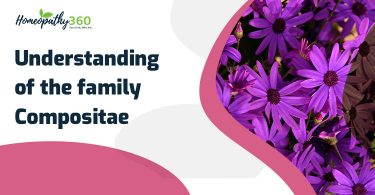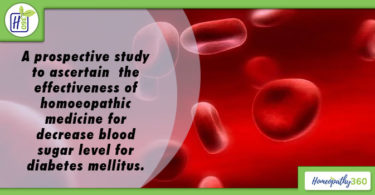What does depression mean?
The dictionary defines depression as a passing state of lassitude, discouragement and sadness. Depression can appear in a variety of physical and psychological ways. Its intensity varies from one person to the next.
Potential symptoms linked to depression
Depression reactions can appear in a variety of physical, psychological, emotional and behavioral ways for any given individual.
Physical symptoms
• Headaches, neck tension, gastrointestinal problems, etc.
• Sleep problems
• Lower appetite
• Lower energy, fatigue
• Etc.
Psychological and emotional symptoms
• Virus-related worries and insecurity
• Feelings of being overwhelmed by events, powerlessness
• Self-verbalization that does not always reflect reality
• Negative vision of things or daily events
• Feelings of discouragement, insecurity, sadness, anger, etc.
Behavioral symptoms
• Difficulty in concentrating
• Irritability, aggression
• Crying
• Withdrawal, insularity
• Difficulty in taking decisions
• Increased use of alcohol, drugs and/or medication
• Etc.
Ways to improve the situation
All of these symptoms of stress, anxiety and depression are very normal in the context of a pandemic. Most people have the resources and mental strength to adapt to this type of situation. You should first rely on how you usually adapt to difficult situations. Here are a few other ways for you to minimize the repercussions of these reactions in your daily life.
Stay informed
Insufficient and/or contradictory information may aggravate the reactions:
• Be wary of sensationalist news reports from little known or dubious sources. Take the time to confirm such information with officially recognized sources.
• While it is important to stay adequately informed, limit the time taken to seek information about COVID-19 and its consequences. Information overload can aggravate your reaction to stress, anxiety and depression.
Take care of yourself
• Be attentive to your feelings, emotions and reactions and allow yourself to voice them to someone you trust. Write them down or express them through physical or other types of activity.
• Make use of physical activity to let the stress out and eliminate tension.
• Practice healthy living habits like proper nutrition and sufficient sleep.
• Limit your access to stressors.
• Allow yourself life’s little pleasures such as listening to music, taking a warm bath, reading, etc.
• Remain in contact with people that do you good.
• Remind yourself of winning strategies you used in the past to get through difficult times.
• Count on your own strengths.
• Set limits for yourself, such as refusing a task that you do not want to do and that is non-essential.
• Learn to delegate and let others help you (this might be asking your children to do the dishes).
When should I seek help?
Generally speaking, overcoming reactions to depression is possible. Still, some unease may persist for some weeks or months, and even worsen. The following may be signs that your state of health is deteriorating.
These signs may mean that your personal resources no longer suffice to manage your worries on a daily basis. Seeking help could be beneficial.
Physical symptoms
• Feelings of suffocation, rapid heartbeat, dizziness, nausea
• Major sleep problems
• Pronounced reduced appetite, possibly associated with weight loss
• Low energy and pronounced fatigue or exhaustion
Psychological and emotional symptoms
• Anxiety and overwhelming fear
• Feeling panicked when you hear talk of the virus
• Negative pervasive thoughts
• Loss of pleasure and interest in activities that you usually enjoy
Behavioural symptoms
• Difficulty in carrying out daily tasks
• Avoiding anyone from outside the home because of fear of contagion
• Obsessively monitoring coronavirus symptoms
• Intense, frequent crying
• Pronounced irritability and aggression, conflict with other members of the household
• Inability to concentrate
• Alcohol, drug and medication abuse
If you are experiencing depression, you can contact the mental health service. Psychosocial intervention professionals will offer you support and provide information and advice according to your needs.




